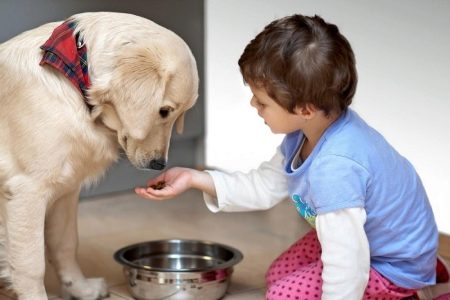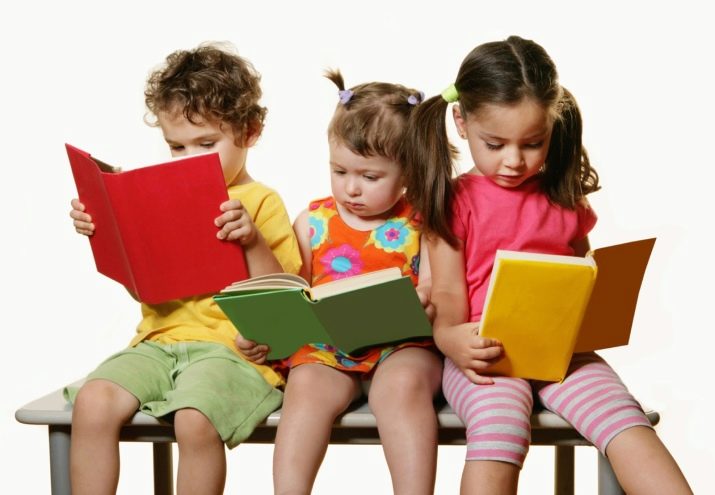Culture of behavior: rules of etiquette and moral education

The culture of human behavior in society is influenced by a number of factors that determine the relationship between people in different spheres of life. This is a peculiar form of behavior in everyday life, in communication, in the labor process.

Peculiarities
The influence of external and internal influences affects the culture of behavior in society. On the one hand, there are such requirements of moral rules, which are enshrined in certain principles and norms. On the other hand, a person is influenced by his personal qualities associated with individual development. The culture of behavior is the end result of the process of personality formation.
Gradually, with age, a person's moral qualities are formed, upbringing is laid.
The peculiarity of the concept lies in the interconnection of three components of culture:
- communication is fixed on a humane attitude to each other... The norms of communication are considered politeness, respect, adherence to generally accepted forms of greeting, gratitude;
- the external component affects emotional condition... It is important to begin the formation of an external culture with instilling a love of cleanliness, adherence to the rules of personal hygiene;
- the household part consists in meeting the needs... They start with food intake and end with aesthetic requirements.
The culture of behavior is dependent on the rules of etiquette established by the society. Etiquette manifests itself not only in words, but also in gestures. All actions express an attitude towards other people. This phenomenon appeared a long time ago, is often referred to in history. Etiquette is subject to change under the influence of time and conditions of life.



Morality and morality
At first glance, it may seem that these are two identical concepts, but there is a difference between them:
- Morality is a set of values and norms that govern relationships.
- Morality is the fulfillment of one's own inner principles.
These two categories have long been the subject of study by philosophers. Both concepts refer to the same science - ethics. Philosophical approaches in the difference of meaning show that in reality the two categories have different meanings and tasks. The essence of morality lies in the fact that it allows or condemns certain actions, it directly depends on society. Each group, allocated by society, has its own morality.
Any action is assessed from the side of the norms of behavior established by a specific morality, which, nevertheless, is capable of changing in the process of life under the influence of various factors. Moral values influence the observance of the rules of etiquette, the cultural development of a person.
Morality cannot change and is absolute. It can be expressed in love for the family, condemnation of discrimination in various forms.
Based on the opinion of scientists, it is possible to draw the main conclusions regarding the similarities and differences of the concepts under consideration:
- morality reflects the spiritual development of a person; morality is social;
- moral development is fixed inside from an early age, is distinguished by the unity of the rules;
- morality has specific features for each group.

Upbringing
The impact of the environment and one's own qualities on a person form him as a person. The ability to combine external and internal factors allows us to talk about education. It starts from an early age and develops under the influence of the family.
The formation of a child takes place on the basis of patterns created by adults. Those features that were laid down in childhood cannot be changed in the process of life. You cannot force a teenager to live according to other moral rules if certain moral attitudes have been instilled in him from birth. The result of upbringing includes not only the requirements and rules pre-planned by the parents. This also includes the environment, which by its behavior influences the inner formation of a person.
The complex of accumulated knowledge and skills, ethical norms, views, together constitute upbringing. It is passed down from the older generation. There are many aspects that unknowingly take part in the creation of the inner component of a person. Heredity and genetics play an important role here. Experts argue that there is a definite relationship between upbringing and development.
The main place where the child receives initial knowledge and experience is high school.
The educational institution sets the task of developing a personality from different sides. The school should contribute not only to mental, but also to emotional development.
But positive results are not always obtained. This is due to the fact that currently outdated methods of teaching knowledge are used, so most children do not have the desire to study science or other aspects of knowledge.

The influence of the family on the educational process is of no less importance. There are different family models, which differ in the number of members, age, educational level, traditions, and the degree of morality. All this as a whole affects the personality and helps to form their views on life situations.
It is important to timely determine the child's interest in a particular activity and direct his energy in the right direction. Only in conjunction with the desire of the person himself is the necessary level of development achieved, which in the future has an impact on education.

The following types of educational directions are distinguished:
- mental sets the task of assimilating the required amount of knowledge, the formation of their own worldview, the development of interest in knowledge;
- the physical helps not only to maintain a healthy state, but also forms the qualities for fruitful work;
- labor acts as the main factor of development;
- moral allows a person to develop certain habits, to determine the model of an individual's behavior in society. The development of this direction largely depends on the values existing in society and in the family;
- the aesthetic includes a complex of components that influence the formation of the ideal in different manifestations of life. Influences attitudes towards culture.

Taken together, the upbringing process is based on the main principles:
- the impact of society;
- relationship with the labor process and other spheres of life;
- individuality in the approach.
Education functions:
- encourage a person to self-education;
- protect against mistakes in making vital decisions in a preventive way;
- to develop the creative, spiritual, intellectual and physical potential of the individual;
The goal of upbringing is traditionally considered to be the final formation of the personality, which is developed in harmony with internal and external factors. The relationship between the physical and spiritual nature of a person is the ancient concept of harmonious development.
History has developed techniques for individual self-education:
- through a test that involves limiting oneself to certain needs;
- conducting constant self-analysis allows you to evaluate your own actions and understand their correctness;
- practice of reflection.


These ancient ideas about achieving harmony are reflected in modern approaches to achieving results in the upbringing of a personality.
Children repeat the behavior of their parents, adopt some of their views, however, due to communication with other people, a holistic formation of their own worldview occurs, their own model of behavior is created.
Professional ethics
Morality and ethics are studied by ethics. This science is aimed at comprehending not only the origins of the origin of morality, but also at the rules of human behavior. In the process of communication, the significance of this science is manifested, since the joint activity of a person cannot be carried out separately from morality.
In ethics, a separate list of moral norms is highlighted that express a person's attitude to professional duties, including communication with colleagues. This set of norms is called professional ethics.
Professional ethics are subject to the following:
- personal qualities of a specialist required for the proper performance of work duties;
- relationships in a team between colleagues, between specialists of different levels of position;
- directions and ways of training employees, influencing the movement up the career ladder.

For some professions, rules of ethical behavior have even been developed at the legal level in the form of codes, sets of requirements. Such measures are necessary in areas that are related to the management of life and health of people and imply increased responsibility. For example, in education, healthcare.
In the process of work, people find themselves in different situations that affect the formation of a type of behavior. There are some points related to the characterization of the working relationship:
- interactions that arise when a person's interests intersect in a team;
- attitude to the labor process and to other participants.
Each field of activity has its own special features and requirements in the field of morality. Depending on the type of company where a person works, there is a certain type of professional ethics:
- for a doctor;
- for the teacher;
- acting;
- lawyer;
- ethics of a psychologist.


A special role in modern society is played by economic ethics, which is the norms of behavior imposed on the model of doing business, the nature of relations between participants within a given sphere. This type also includes the requirements for negotiation, the use of methods of competition, and the preparation of documentation.
The structure of building relationships between firms is of great importance in the process of work. In this case, we are talking about business etiquette, which sets the style of the work process, the manner of communication between internal and external communication.
Professional ethics are formed by generations, it cannot be absolute and needs constant development.
Ethics of business communication is directly related to all the concepts under consideration. It can be expressed in direct daily contact with colleagues, employees of other organizations, with bosses. She must also be present during business correspondence or in a telephone conversation.

Scientists have identified the basic principles on which business etiquette is based:
- punctuality. Deeds done on time show not only professionalism, but also characterize individual personality traits;
- observance of trade secrets or other types of confidential information. The work of the entire organization, its reputation and development depends on the observance of this principle;
- friendliness. This requirement is important not only for service ethics, but for all life;
- show of attention to colleagues. This refers to the ability to listen to another person, express your opinion, understand another point of view, listen to criticism;
- appearance plays a significant role in creating a favorable image of the company and for the person himself;
- literacy. Correct speaking and writing without vulgar language is essential for work;
- collegiality. Working in a team, the overall result depends on the teamwork of all employees. It is important to take into account the opinion of the team in making decisions, to combine joint efforts to achieve the development of the organization. Collegiality is respected not only in the work process. It is reflected in employees' participation in important life events.



Every person should behave correctly and culturally in any place. You can learn about the rules of conduct at work from the video.








